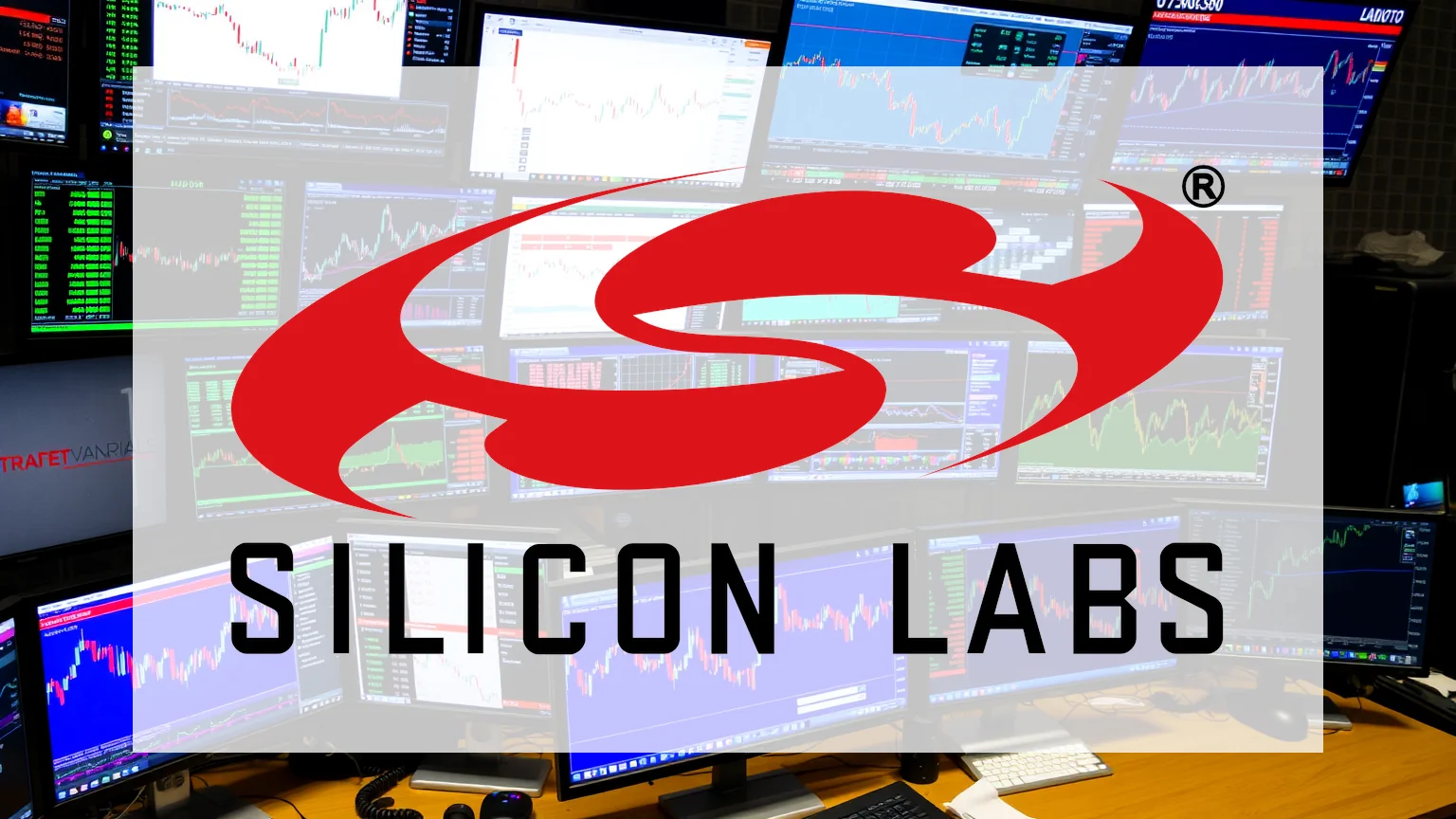Salesforce is doubling down on its artificial intelligence strategy, making another significant move to position itself as a leader in agentic enterprise systems. The customer relationship management powerhouse has announced its acquisition of startup Spindle AI, marking the latest step in its comprehensive transformation. However, this ambitious technological pivot comes as the company’s shares continue to underperform, leaving investors questioning when these substantial investments will yield returns.
Strategic Acquisition Advances AI Capabilities
The Spindle AI purchase brings sophisticated agentic analytics technology into Salesforce’s portfolio, enabling businesses to model complex scenarios and generate predictive insights. This transaction is scheduled for completion during the fourth quarter of fiscal year 2026, with the Spindle team subsequently integrating into Salesforce’s Agentforce division. The long-term objective centers on developing self-monitoring AI systems capable of continuously refining their decision-making processes.
Market reception to this development has been notably cautious. While certain analysts, including those from Cantor Fitzgerald, have highlighted the stock’s potential undervaluation and maintained buy recommendations, share performance remains weak. The equity currently trades substantially below its key moving averages, indicating persistent investor skepticism toward the costly AI initiative.
Mounting Investments Amid Share Price Pressure
The Spindle acquisition represents just one component in Salesforce’s broader artificial intelligence investment spree. Back in October, the company captured headlines with a massive $15 billion commitment to support San Francisco-based businesses in AI adoption and fund a new AI incubator program.
Should investors sell immediately? Or is it worth buying Salesforce?
These expenditures arrive during a challenging period for shareholders. Since the beginning of the year, the stock has declined by over 30 percent and currently sits approximately 40 percent below its 52-week peak. The growing divergence from the 200-day moving average, now exceeding 10 percent, underscores the market’s current reluctance to reward the company’s strategic direction.
All Eyes on Future Financial Performance
Attention now shifts to Salesforce’s upcoming quarterly earnings report, with stakeholders eagerly awaiting signs that the billion-dollar AI strategy is beginning to deliver tangible results. Despite maintaining generally positive long-term outlooks, market experts acknowledge the concerning technical indicators. The company faces mounting pressure to demonstrate concrete progress that can reverse the prevailing downward trend.
The central question confronting investors revolves not around whether AI investments will eventually drive revenue growth, but rather when this transformation will materialize—and whether shareholders possess the patience to endure the interim volatility.
Ad
Salesforce Stock: Buy or Sell?! New Salesforce Analysis from February 7 delivers the answer:
The latest Salesforce figures speak for themselves: Urgent action needed for Salesforce investors. Is it worth buying or should you sell? Find out what to do now in the current free analysis from February 7.
Salesforce: Buy or sell? Read more here...











